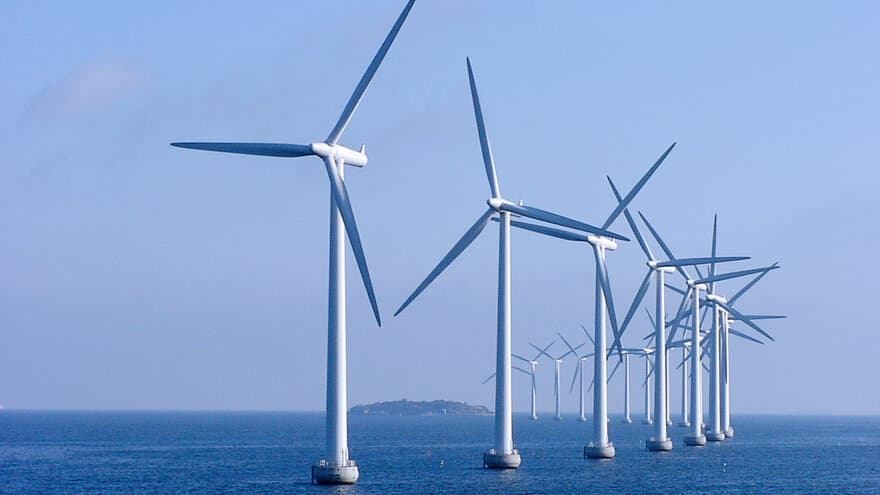Stated preference (SP) methods are survey-based and can be used to elicit how people value changes in environmental goods and ecosystem services. Elicited valuation estimates can hence contribute to guide and design policies more accurately, where suggested policies have positive or negative impacts on the environment. Anders Dugstad’s thesis contributes to apply SP methods to value a broad range of environmental goods and cultural ecosystem services, with an emphasis on the validity of the results and the methods.
The main findings of Anders Dugstad's thesis can be summarized as follows:
i) Expert assessment in the context of SP can seemingly be used to predict distant beneficiaries’ willingness-to-pay (WTP) to protect distant global public goods. We find that SP valuation Experts accurately predict Norwegian households’ WTP for two protection plans of the Amazon rainforest. Experts’ predictions can be used to generate a benchmark of how much the international community could compensate owners of global public goods to preserve these valuable assets.
ii) People’s valuation of negative wind power externalities depends on their familiarity with and exposure to wind power. Familiarity and exposure seemingly imply higher demanded compensation to accept new wind power developments. Our results have policy implications for renewable energy expansion in Norway in general, and for planning and expansion of Norwegian land-based wind power.
iii) Sensitivity to scope has been limited explored in discrete choice experiments (DCEs), i.e. one of the two existing SP methods. We suggest a new validity assessment approach in DCEs, referred to as scope elasticity of WTP. In a DCE context, scope elasticity of WTP measures the ratio of the percentage change in WTP for a specific attribute (good/bad) relative to the percentage change in its level. Using our own data, we find that all scope elasticity estimates are statistically significant and vary between 0.18 and 0.46, depending on the attributes analyzed, model specification, geographic subsample, and unit the of measurement chosen for a key attribute. The elasticities are consistent with our derived implicit elasticity estimates from a selection of DCE studies from the environmental valuation literature. We advise DCE researchers to include assessments of scope sensitivity as a part of validation diagnostics.
iv) Interdisciplinary research within the fields of environmental economics and environmental psychology can provide new and fruitful understanding of how people respond to and value changes in environmental goods and cultural ecosystem services. This interdisciplinary approach is further useful for validity assessment of SP values. This is demonstrated by examining how people’s attachment to places affect recreational values and negative environmental impacts of a proposed local wind farm.
Anders Dugstad, School of Economics and Business (HH), will defend his PhD thesis "Applying Stated Preference Methods to Value Ecosystem Services - Methodological Challenges and Validity Tests" on 17 June.
